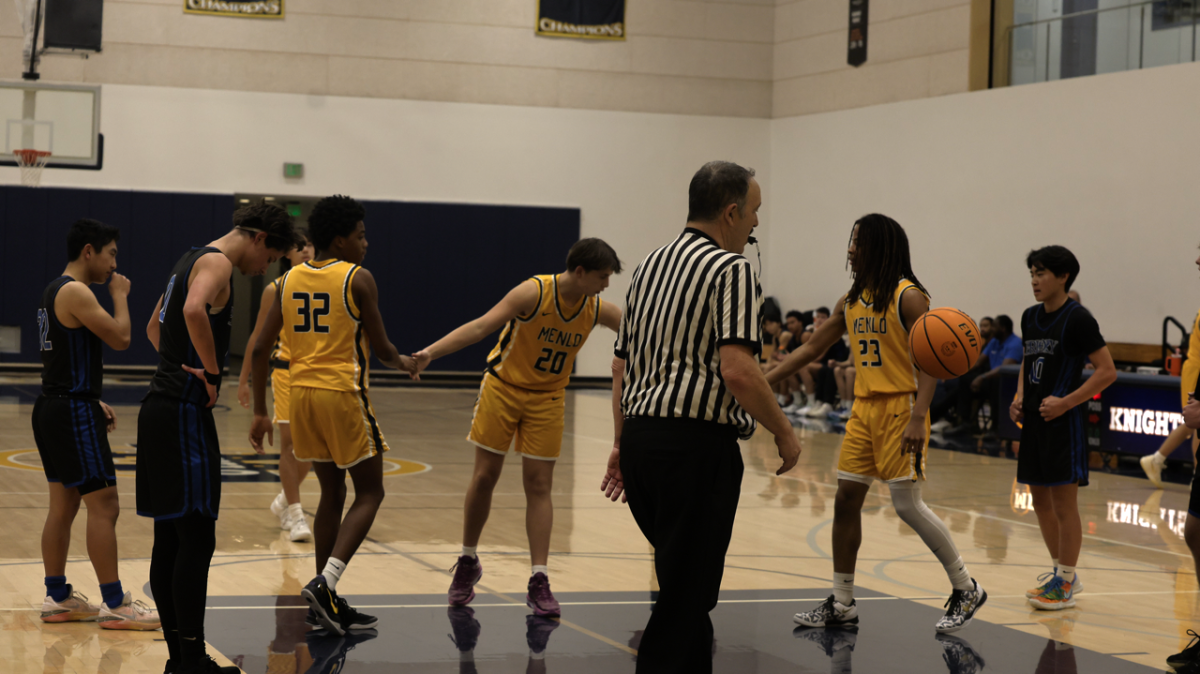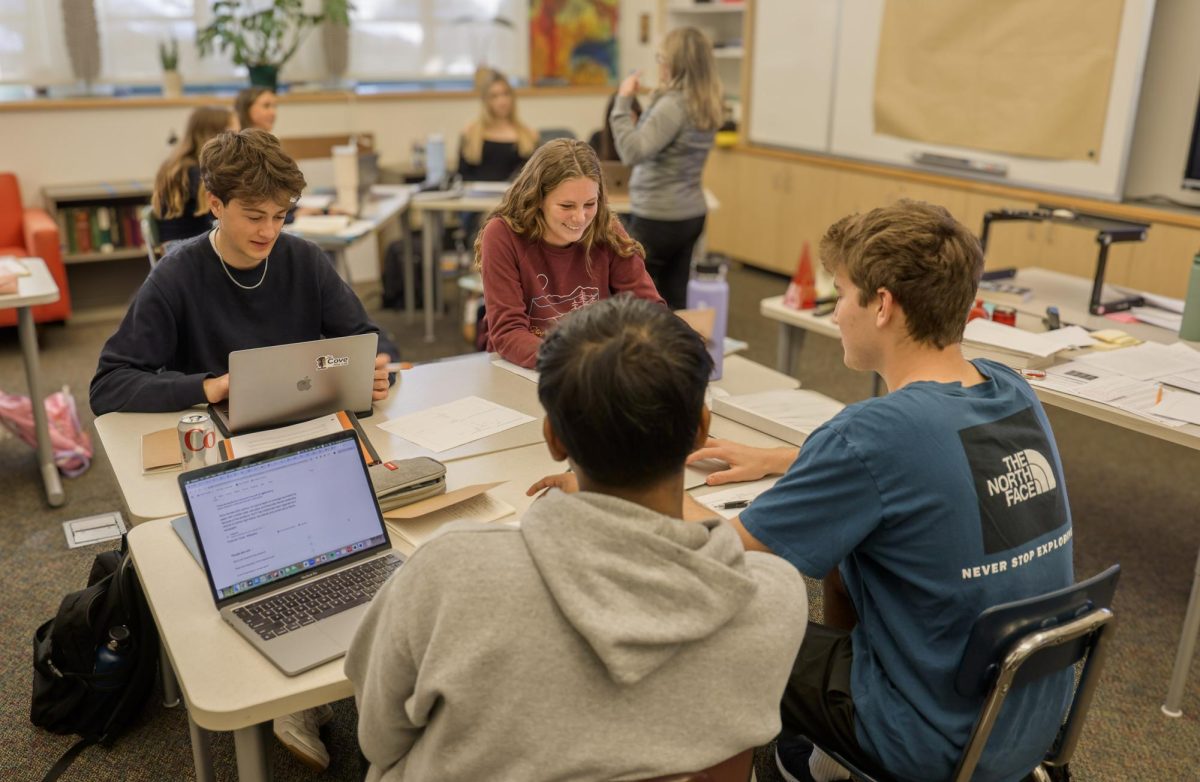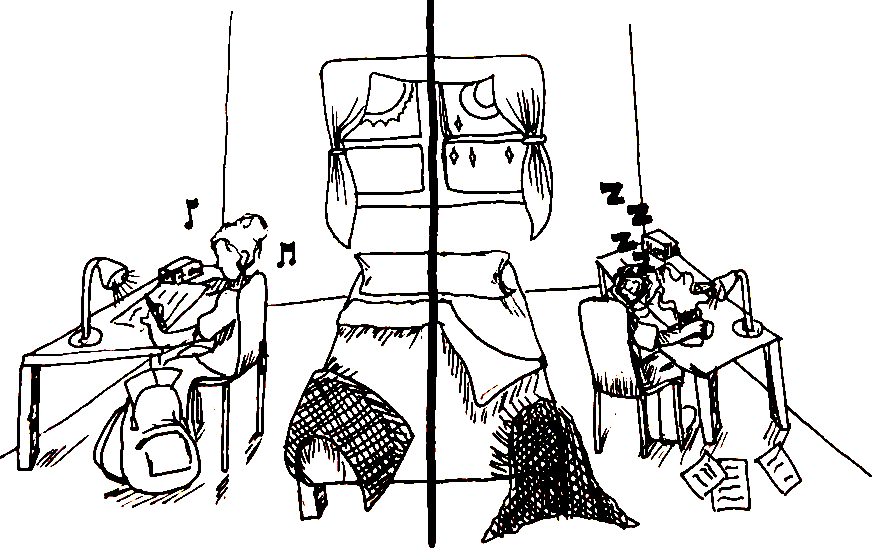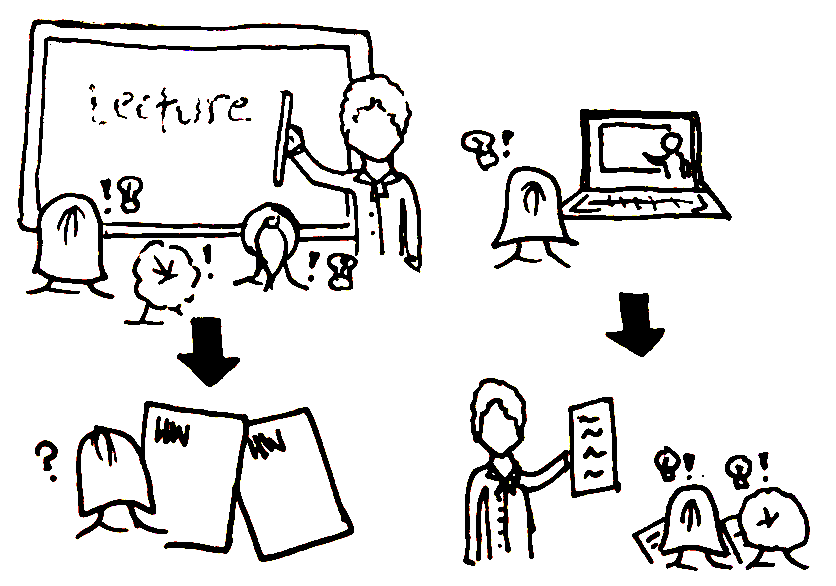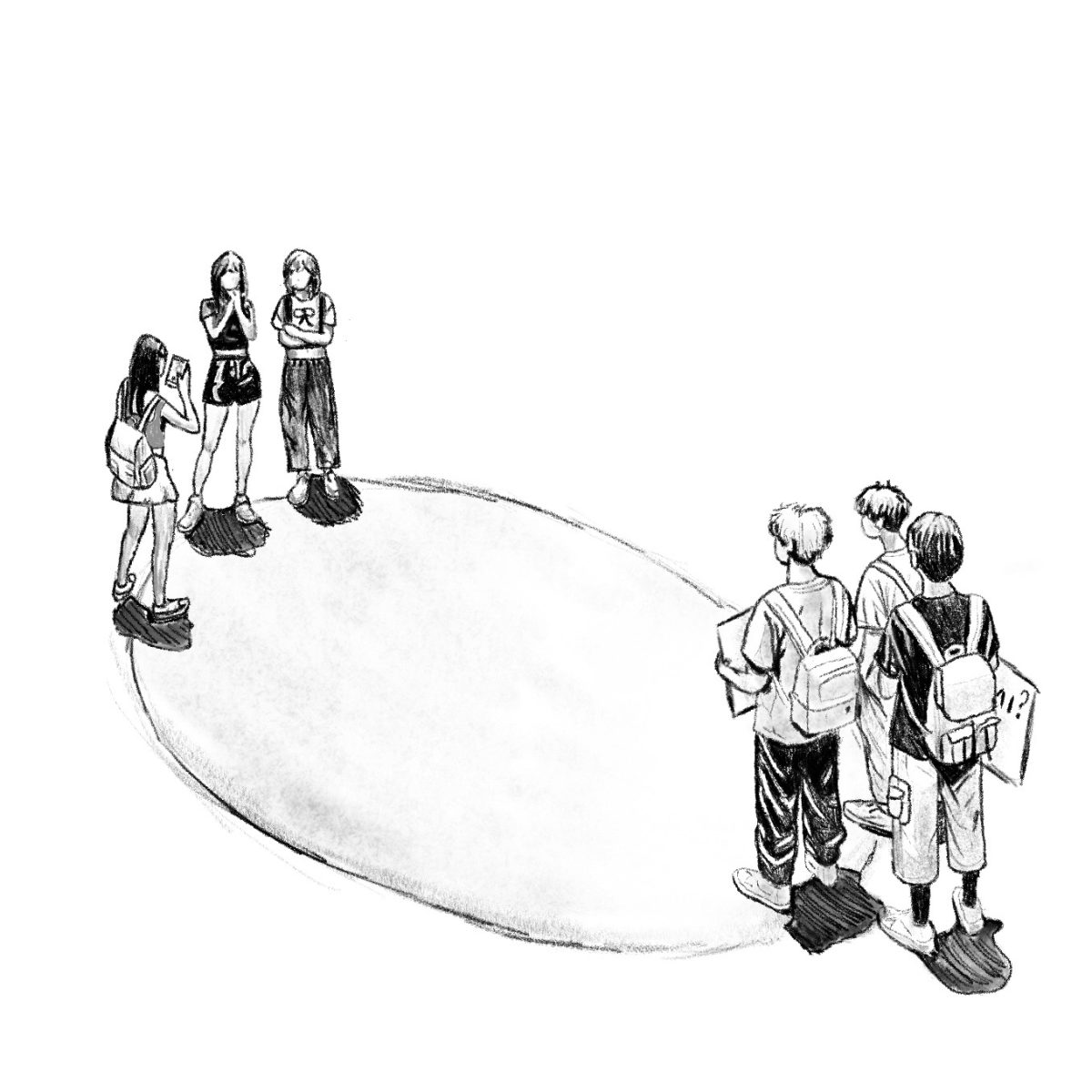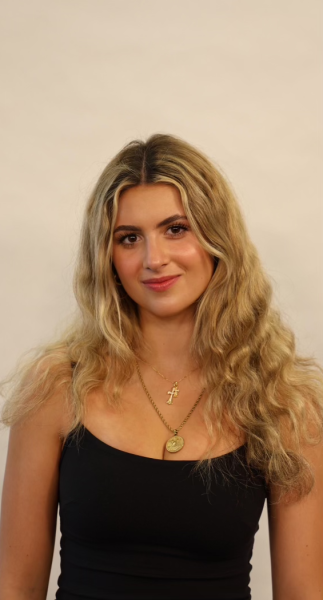Virtually every Menlo student has participated in freshman seminar, a required semester-long course for ninth graders in which students rotate through six courses that explore unique topics relating to Menlo’s mission and values. Each student spends seven class periods exploring either ethics, human sexuality and sexual health, identity, community engagement, human behavior or design thinking before transitioning to the next block. The course, which allows freshmen to connect with their peers and teachers, develops key skills, eases into the fast pace of high school and explores interests they may want to pursue deeper in the future, is the most beneficial course Menlo offers.
The seminar encourages freshmen to bond with their peers during their often overwhelming first year of high school. Groups of ninth graders who might not otherwise have the opportunity to get to know each other are given a consistent group of people to build connections with, which can help to alleviate some of the social pressures associated with freshman year. The class sizes are kept to around 12-13 students, according to Upper School Counselor and sexual education teacher Jake Fauver, who contributes to logistics and scheduling for freshman seminar. “[The classes are] small enough that you get to hear everyone’s voice and talk, but it’s not too tiny to the point that it feels awkward,” Fauver said.
Sophomore Bianca Putanec, who took the seminar during her second semester of freshman year, said that she appreciates how freshman seminar classes gave her opportunities to get to know new people. “Ethics was a highlight because I got to know people through, like, debating with them, which was different,” she said. “You get to give your opinions without judgment, which is a good way to put yourself out there.” She also particularly enjoyed the Identity course because she was able to listen to other classmates speak vulnerably about themselves.
Both Fauver and Community Engagement Coordinator Ava Petrash, who teaches Community Engagement, explained that students are sorted into classes strategically. They consider the students’ gender identity, whether they have an older sibling already at Menlo and whether they went to Menlo Middle School. Their goal is to blend students with different perspectives and varying levels of familiarity with the school. “We even make sure there aren’t two students with the same name in one class, because that can make it challenging when it comes to building their own identities,” Petrash said.
As students rotate through the courses, they form valuable connections with teachers and faculty whom they can turn to throughout high school. For instance, they get to know Fauver as well as Human Behavior teacher Stefie Dominguez, who is an Upper School Counselor. They also meet Petrash and Director of Student Belonging Carmen Borbón, who teaches Identity. “[Students] get to meet six or seven teachers [who are] key people in the school and become friendly faces on campus,” Fauver said.
For Ethics teacher Jack Bowen, who originally was hesitant to take on the class, getting to know students was one of the factors that convinced him to say yes. “I loved the idea of getting to teach every single kid […] on campus in some way, shape or form,” Bowen said.
Initially, Bowen was concerned that students wouldn’t put effort into the subject because the seminar is ungraded and discussion-based. However, he found that the freshmen are generally interested, engaged and eager to discuss ethical issues. In fact, there being no grades or homework is beneficial in that it serves as a comfortable introduction to high school. “It’s meant to be a chance for [freshmen] to practice some of the skills of being a high schooler in a lower stakes environment,” Petrash said. Students can prioritize learning and asking questions without the pressure of receiving a grade.
Another value of freshman seminar is that it helps freshmen develop key skills that they will be expected to demonstrate during the rest of their time at Menlo. “What we’re teaching is certainly academically relevant […] but you’re also being welcomed into Menlo’s culture,” Bowen said. “We’re trying to connect the classroom experience to the mission and values statement, because it’s truly the foundation of our school.”
Perhaps the most important value that these classes strive to teach the students is empathy, according to Petrash. “Talking about healthy relationships and learning about identity and issues like redlining all help build empathy in some way, and that is, I think, a really crucial skill for success both in high school and out in the world,” she said.
In addition, freshmen are able to both explore courses and topics that they might not otherwise encounter. Freshman Noa Levav, who is in her first year at Menlo, said that her Design Thinking class in Whitaker Lab has inspired her to consider engineering electives in the future. “[The rotation] gives you ideas about what you’re interested in for the next four years and what you want to sign up for,” she said. “You probably would have never known what you wanted to explore if you hadn’t tried it.”
Ninth graders are also exposed to topics that don’t fit in other places in the curriculum — sex education and community engagement, for example — yet still are important topics that Menlo wants them to be aware of. While the individual classes change infrequently, each serves as a foundation for success at Menlo.
Freshman seminar has been constantly changing and improving since its inception over a decade ago to address student feedback and make the course feel more cohesive. For example, a mindfulness class was the predecessor to Design Thinking, and a first aid and CPR course transitioned to Human Sexuality and Sexual Health. These decisions are based on comments and requests from students, as well as judgment on what subjects should be prioritized. Most teachers also make minor modifications to their syllabi in order to iterate on the year before and improve their classes, according to Petrash.
One subtle adjustment that went into action this school year was keeping first-semester rotation students in freshmen rotation for three more A blocks at the start of the second semester rather than simply flipping after the new year. “The first semester is always shorter than the second semester so kids in the rotation first semester get fewer classes,” Fauver said. “That way, everyone gets seven classes with each of the rotations and everything is a little bit more consistent.”
Because it encourages bonding between freshmen, strengthens teacher-student relationships, allows for a seamless transition into a high school environment and gives students a glimpse as to the subjects they may want to pursue later on, freshman seminar is, without a doubt, one of Menlo’s most valuable required courses.


![Freshmen Parker Richardson, Merrick Ward, Rafe Weiden (left to right) and Benji Rubin (far right) listen to a con-
versation between Ethics teacher Jack Bowen and freshman Charles Mura (second from right) about the ethicality of ‘flopping’ while playing soccer. “I’d learned a little about [ethics] while in Menlo Middle, but the seminar class was really cool because I got to learn about the topic in a different way,” Rubin said. Staff photo: Alyssa McAdams](https://menlocoa.org/wp-content/uploads/2023/10/50.1-Opinion-Freshman-Rotation-1200x1106.jpg)
